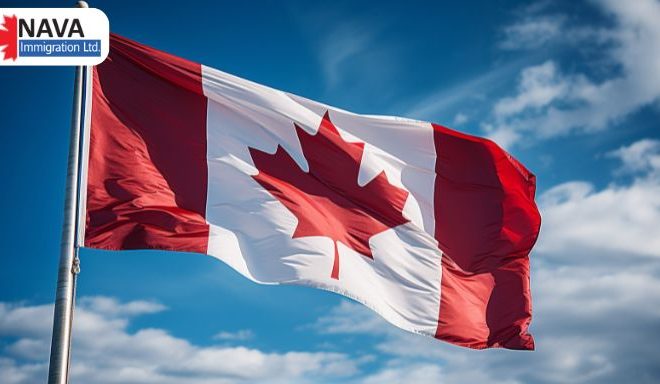30 days processing time for spousal TRVs with a 90% approval rate
For Spousal Temporary Resident Visas, IRCC now has a 30 days processing time. IRCC has introduced this measure for spousal applicants who’ve already applied for Canada’s permanent residency.
As per this measure, Spousal applicants no longer have to wait for IRCC’s decision in their home countries; instead, they can now travel to Canada while their TRV application is being processed.
This will allow Canadian citizens or permanent residents whose spouses and dependents are living in other countries to reunite with their families and start establishing in their communities sooner.
Typically, spouses and dependents on temporary resident visas are not permitted to study or work in Canada until they obtain a study or work permit or get authorization for permanent residency.
IRCC declared the 30 days processing time for spousal TRVs in Vancouver on May 26. The minister stated that spousal applicants for TRV had an approval rate of more than 90 %.
The increased use of advanced analytics by the IRCC to pre-screen TRV applications before an IRCC officer examines them for a final decision resulted in a high approval rating.
The minister added that using this technology in application processing enabled the department to consider various factors in the applicant’s application. This helped them determine whether they were eligible for permanent residency or not. Further, they put them in a category that is quickly and easily approved by the IRCC officers.
Family Class Sponsorship’s Processing Time
For permanent residence applicants applying under family class sponsorship, the processing time is 12 months. However, because the spousal TRVs processing time is now 30 days, and the service standard for work permits is 60 days, it could take no more than three months or 90 days for a sponsored spouse, partner, or dependents to come to Canada and begin working while waiting for the decision of IRCC on their application of permanent resident.
Canadian citizens or permanent residents who are ready to sign an undertaking for the sponsored family to be financially responsible for several years are able to sponsor their spouse, common-law partner, or conjugal partner for permanent residence.
The required sponsorship amount varies depending on whether there are dependent children to support, along with the spouses or common-law partners.
Other Measures for Family Reunification
Immigration Refugees and Citizenship Canada, or IRCC, announced various measures to support Family Reunification. The Temporary Resident Visa (TRV) was announced by IRCC in addition to the measure that spousal applicants and their dependent children may be eligible for open work permits who have temporary resident status and who reside with their sponsor in Canada.
Once they have submitted a complete permanent residence application to IRCC, they may apply for an Open Work Permit.
Earlier, spousal applicants could only apply for the open work permit if they applied for sponsorship from Canada.
Minister Mr. Fraser also declared that individuals who have an open work permit that is expiring between August 1 and the conclusion of 2023 would be able to extend their work permit for additional 18 months through a free facilitated process.
The work permit extension is also available for spouses of international students, spouses and dependents of most temporary workers, and applicants for permanent residency.





